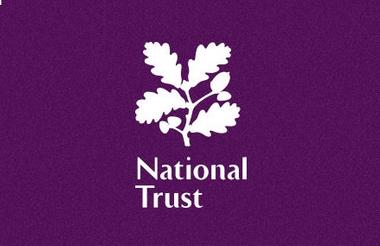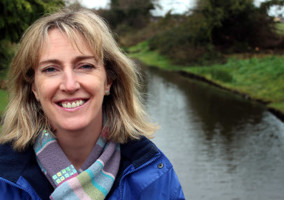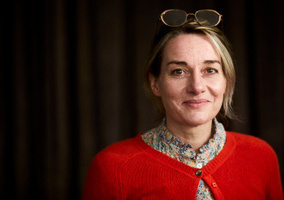The National Trust has said a pressure group’s failure to win seats on the charity’s governance body is “important for the UK voluntary sector”, after results were announced this weekend.
Restore Trust candidates failed to secure any seats on the National Trust’s council, a body made up of 36 members which monitors the charity’s board of trustees.
At the National Trust’s annual general meeting, members also rejected motions criticising the charity’s involvement in Pride events and rewilding projects.
Indeed, 65% of members rejected the motion to condemn the National Trust’s participation in Pride events, while 70% voted against a motion to criticise recent rewilding and re-wetting projects on National Trust farmland as well as the charity buying farmland for that purpose.
The Restore Trust's motion to abolish the proxy vote system, which allows members who do not attend the AGM to be given the option to hand their vote to the chairman, also did not pass.
Meanwhile, Hilary McGrady, director-general of the National Trust said at its AGM that the charity would continue to campaign on issues related to its cause.
‘Paid-for canvassing for council seats has been unsuccessful’
This year more than 127,000 members voted on six resolutions and elected seven new members of the National Trust council.
Celia Richardson, director of communications at the charity, posted on social media: “Paid-for canvassing for council seats has been unsuccessful. This is important for the UK voluntary sector.
“The resolution against National Trust participation in Pride was not carried; the resolution against ‘rewilding’ also not carried. The resolution calling for an ombudsman to regulate the Trust was not carried.”
A spokesperson added: “On this occasion a private company has run a paid-for campaign to get its preferred candidates elected to a charity's governance body.
“The National Trust’s council, half of which is elected directly by Trust members, plays an important role in how the Trust is run, most significantly by appointing our trustees and supporting and monitoring their work. All the council's work is voluntary.
“Funded canvassing has implications for charities with democratic structures, who need to seek out candidates from all walks of life, and need to devote all their funds and resources to furthering their charitable cause.”
Zewditu Gebreyohanes, director of Restore Trust said: “It is deeply worrying and sad to see that the National Trust has claimed these results are the results of a purely democratic vote.”
Gebreyohanes said the results were influenced by the National Trust’s new Quick Vote, which automatically approves all the National Trust’s voting recommendations.
She added: “It is ironic that an undemocratic new voting innovation was used by the National Trust to quash member-led attempts at greater democracy and accountability. In spite of this, our candidates did extremely well, with most achieving higher votes than last year's threshold to become elected. This demonstrates the growing momentum behind Restore Trust's campaign.”
McGrady: ‘We will continue to stand up for our cause’
McGrady said at the AGM: “If ‘to promote’ means anything, it means standing up for our cause. It means doing what’s necessary to protect the nature, landscapes and heritage that make Britain so special.
“As Robert Hunter wrote in 1897, the Trust, I quote, ‘helps when necessary to stimulate and promote legislation upon matters cognate to its aims’.
“We regularly engage with policy behind the scenes. For example, we’ve long called for a ban on horticultural peat, and I was pleased to see the government make that commitment earlier this year.
“And sometimes we need to speak out publicly. That’s why we voiced our concerns about the recent proposals affecting nature, heritage, and the planning system. I know that not all members will agree, and I don’t attempt to represent everyone. This is however front and centre of what our purpose is about – and we will continue to work with government to get the right solutions.”
Editor's Note: This article has been amended to clarify the Restore Trust did not put forward the motions criticising the charity’s involvement in Pride events and rewilding projects.
Related Articles












